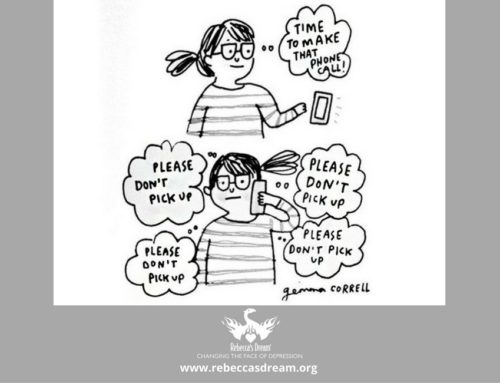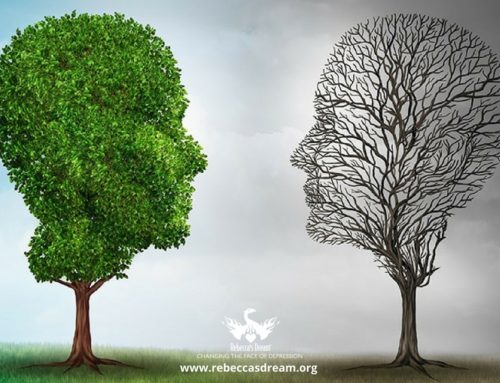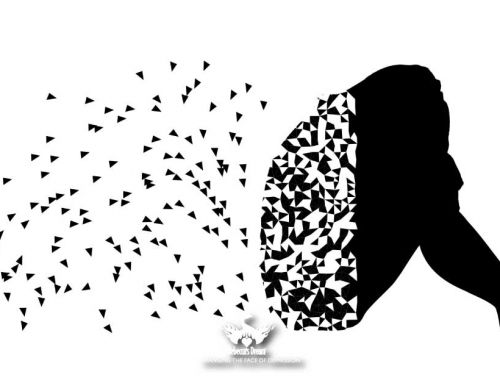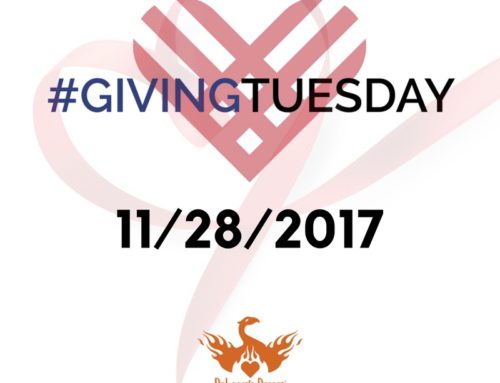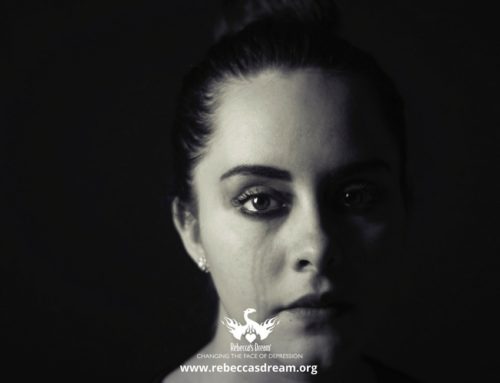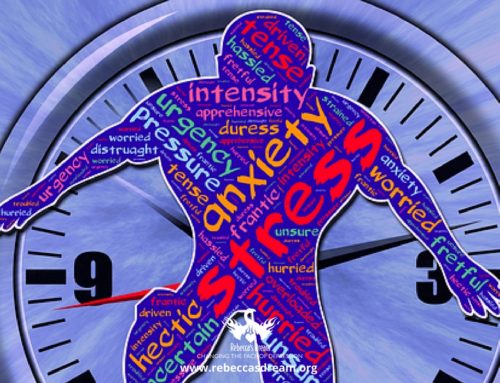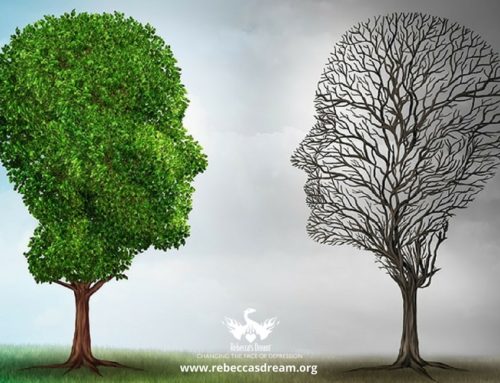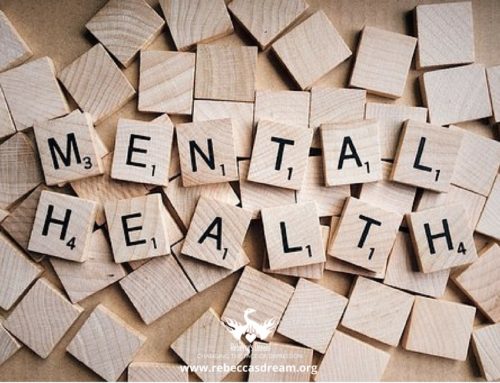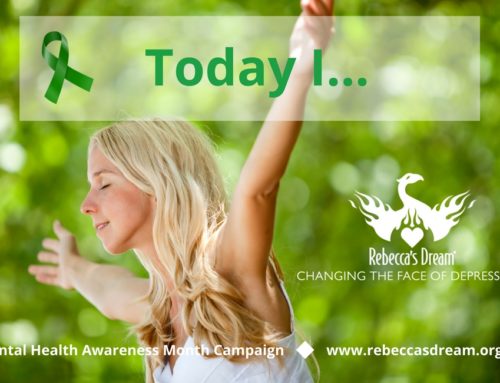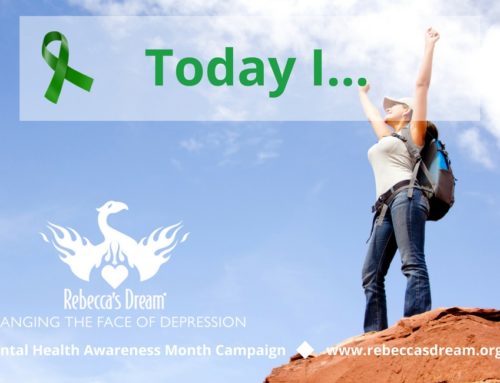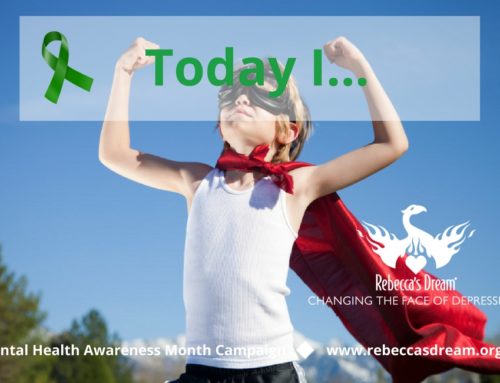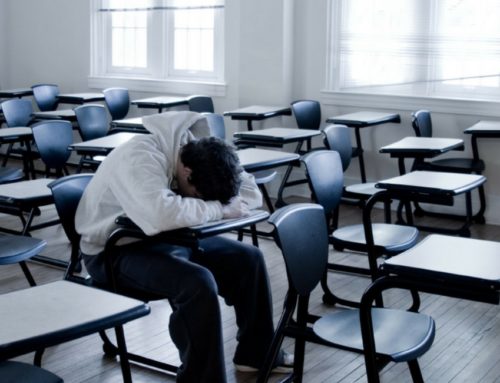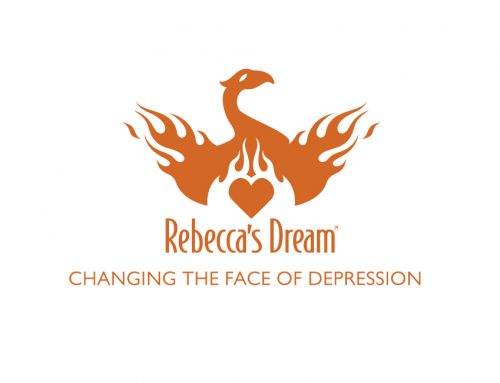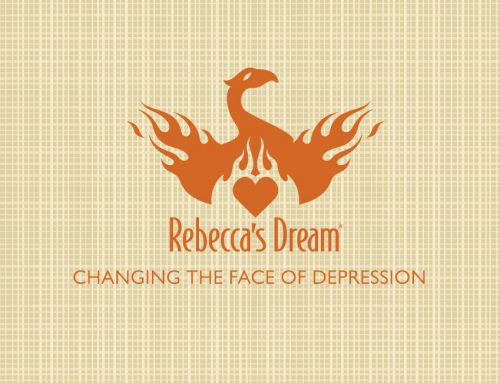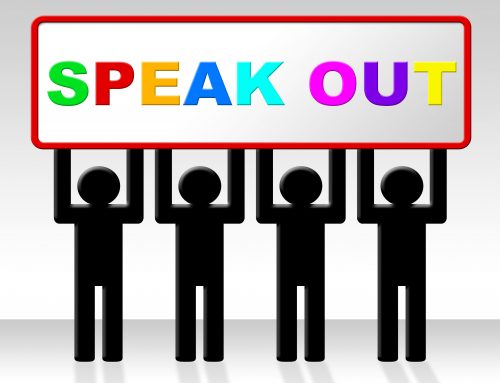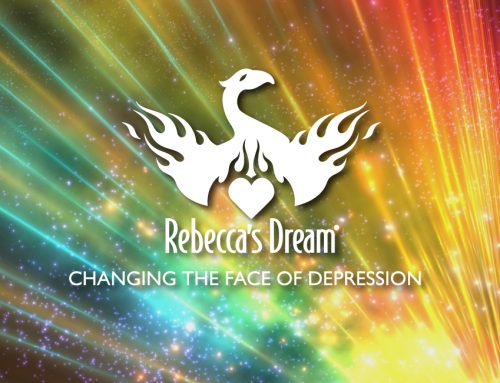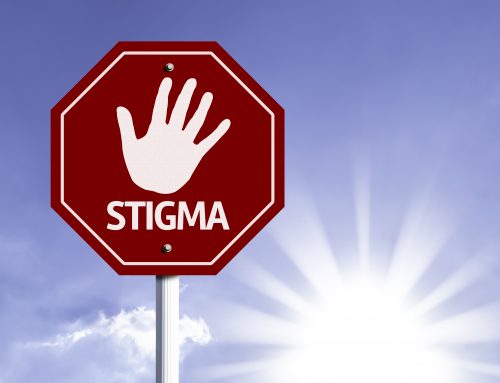With depression, being alone magnifies all symptoms. Allow trusted family and friends to be present in your life.
Major depression is one of the most common mental disorders in the United States. Some used to call depression a “woman’s disease,” but the truth of the matter is, anyone can struggle with it. Though depression is nearly twice as likely to affect women than men, more than 6 million men in the U.S. have it.
Although women who experience depression are more likely to attempt suicide, more men die by suicide when suffering from depression. And men are more likely than women to minimize or hide their symptoms or deny they are experiencing suicidal thoughts.
I believe no one should ever have to suffer silently or alone. It is important to seek help when symptoms of depression are realized.
Whether you’re a teacher, politician, executive, artist, first-responder or student; whether you have a strong support system or have no family near you; whether you are rich or poor; whether you’ve seen a counselor or not; whether you are a man or a woman, you are not immune to depression.
If you are struggling with depression, know you don’t have to fight through it alone.
What keeps people from seeking help?
Sometimes we don’t recognize or acknowledge symptoms of depression. And some factors that might seem like a normal part of life can make people more vulnerable to experiencing depression. Family history, the loss of a loved one, serious illness, or undue stress can all cause people to spiral out of their healthy emotional state and into the pit of depression.
As always, the more you know, the more you can realize about your emotional well-being and how to get the type of help you need, so it’s important to understand what is going on in your emotional well-being.
Different people have different symptoms, including:
- Feeling sad or “empty”
- Feeling hopeless, irritable, anxious or angry
- Loss of interest in work, family or once-pleasurable activities, including sex
- Feeling very tired
- Not being able to concentrate or remember details
- Not being able to sleep, or sleeping too much
- Overeating, or not wanting to eat at all
- Thoughts of suicide; suicide attempts
- Aches or pains, headaches, cramps or digestive problems
- Inability to meet the responsibilities of work, caring for family, or other important activities.
Types and effects of depression
The most common types of depression are major depression, dysthymic disorder and minor depression. Major depression has severe symptoms that interfere with a man’s ability to work, sleep, study, eat and enjoy most aspects of life.
An episode of major depression may occur only once in a person’s lifetime. But more often, a person can have several episodes.
Dysthymic disorder, or dysthymia, has depressive symptoms that last a long time (two years or longer) but are less severe than those of major depression.
Minor depression is similar to major depression and dysthymia, but symptoms are less severe and may not last as long.
Many people do not recognize, acknowledge or seek help for their depression; they might be reluctant to talk about how they are feeling. But depression is a real and treatable illness, one that can affect any person at any age.
With the right treatment, most people with depression can get better and gain back their quality of life that may have been lost.
It is estimated that an American dies every 12.3 minutes by suicide. At the time I wrote this article, approximately 20,822 deaths by suicide occurred since Jan. 1, 2017. That statistic breaks my heart.
Suicide prevention goes way beyond giving out a hotline number for struggling souls to call when they are in crisis but every bit of prevention is worth the time and effort. It starts with each one of us, looking out for each other and being aware of changes in our friends or family members. We must try our best to reach out to others when we see symptoms of depression in their lives.
And what if we see it in our own lives? Don’t stay quiet.
I stayed quiet for almost a decade. I struggled alone and never reached out. Don’t let yourself go through that. Seek help and support from family, friends and mental health professionals.
If you are unsure where to go for help, ask your primary-care provider. You can also look up mental health professionals or check with your insurance carrier to find one who participates in your plan.
To learn more about bipolar disorder, depression, anxiety or suicide prevention please visit our website.

















